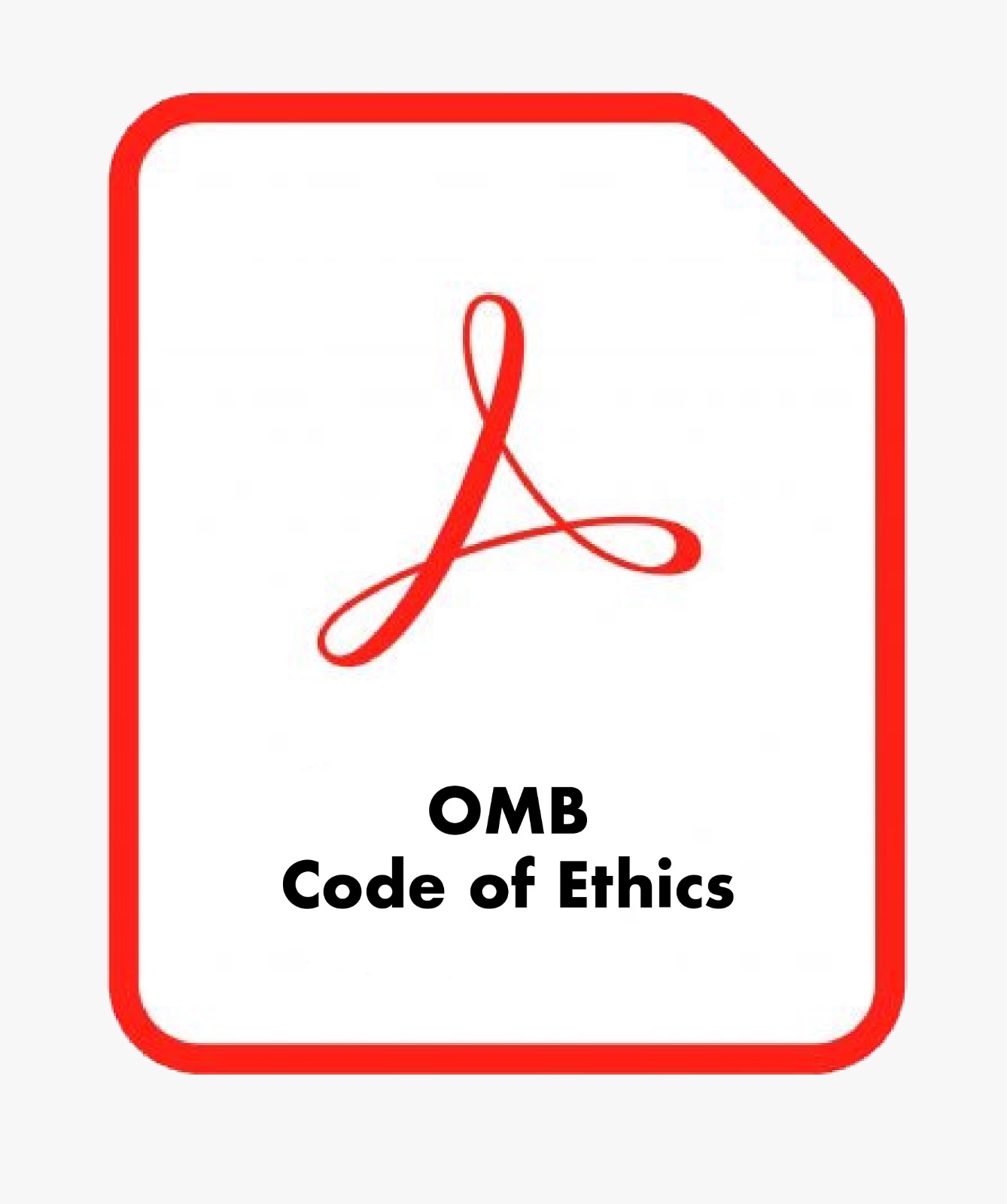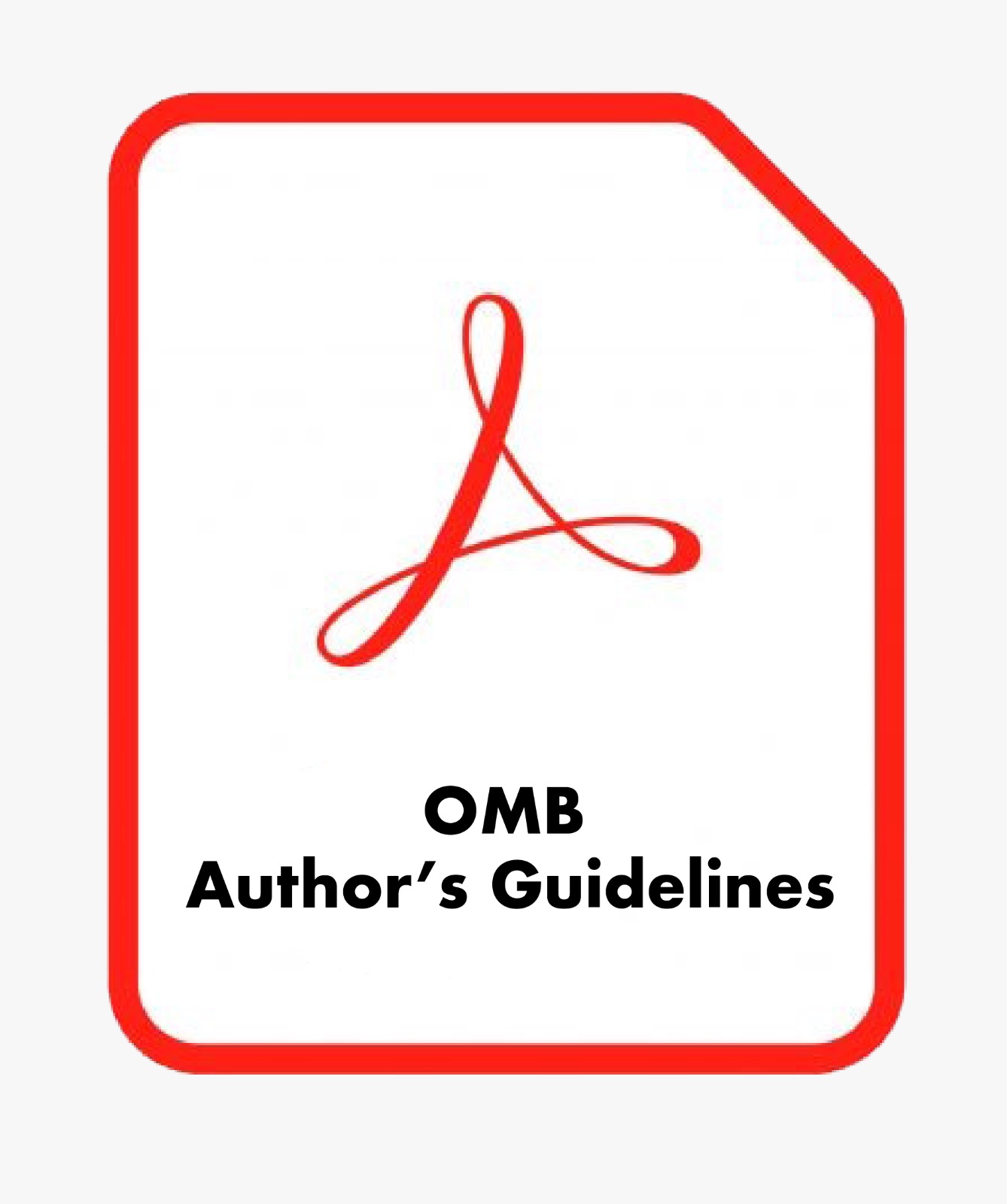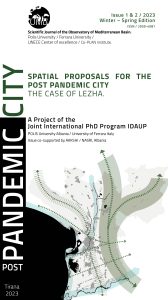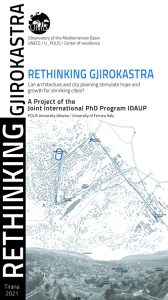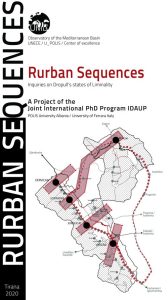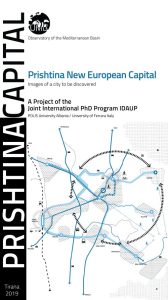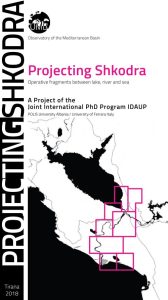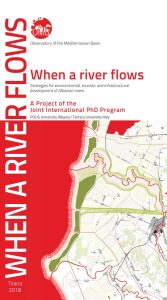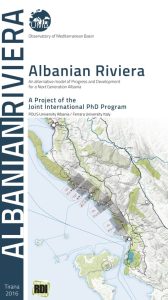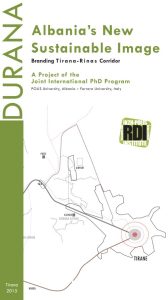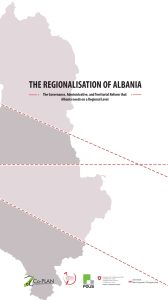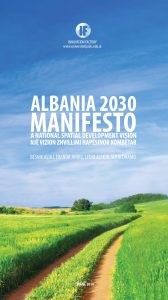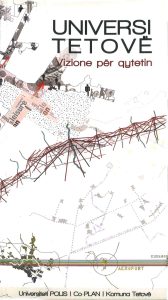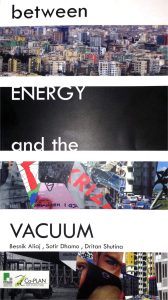OMB Scientific Journal | The Scientific Journal of The Observatory of Mediterranean Basin, in cooperation with IDUAP / Ferrara University, published by POLIS Press, is the only scientific and cultural magazine in Albanian-speaking countries for the fields of urban planning and environment management. This magazine is recognized by the Ministry of Education and Science, the Academic Degrees Evaluation Committee and has an ISBN international registration code ISBN / 978-9928-4459-8-8 (OMB series) and ISSN (Print) 2959-4081 and ISSN international registration code (2959-4081). The magazine is published in English language and contains a package of scientific, informative articles and analysis. OMB Scientific Journal has more than ten years of publication activity and more than twenty numbers already available; since its foundation it has been a point of reference for the academic and scientific debate in all of the Mediterranean Area.
Aim and Scope
OMB Scientific Journal’ Code of Ethics (“Journals Code of Ethics”) is binding on all persons involved in matters or activities involving the Journal.
The scope of the OMB Scientific Journals’ Code of Ethics does not apply to matters and activities involving non-Journal member. However, members in good standing are expected to know the Journals Code of Ethics and, where appropriate, to follow these policies for peer review and publication ethics in all their scholarly publication.
Our journal website upholds a commitment to accessibility by refraining from imposing any fees for the submission of scholarly papers, ensuring an inclusive platform for academic contributions.
OMB Scientific Journal is made up of different units:
Board of Directors _ which represents the chief editors and promoters of the publication:
- Prof. Dr. Besnik Aliaj – Polis University Rector, Editor in Chief
- Dr. Sotir Dhamo – Polis University Administrator
- Dr. Dritan Shutina – Co-Plan Institute, Executive Director
Editorial Committee – which aims promoting the publication, and 2/3 of it comes from OECD countries consisting of international partners:
- Prof. Dr. Roberto Giulio – University of Ferrara, Italy
- Prof. Dr. Theo Zaffagnini – University of Ferrara, Italy
- Prof. Dr. Maroš Finka – Polytechnic of Bratislava, Slovakia
- Prof. Dr. Stephan Pinkau – University of Anhalt / Bauhaus, Germany
- Prof. Dr. Luís M. Bragança M. Lopes – University of Minho, Portugal
- Loris Rossi – Manchester School of Architecture, UK
- Llazar Kumaraku – Polis University, Albania
- Godiva Rëmbeci – Polis University, Albania
- Ilda Rusi – Polis University, Albania
- Kejt Dhrami – Co-Plan Institute, Albania
The Scientific Committee – OECD countries.
- Prof. Dr. Giuseppe Mincolelli –University of Ferrara, Italy
- Prof. Dr. Pantelis Skayannis – University of Thessaly, Greece
- Prof. Dr Maria Manuela O. G. Almeida – University of Minho, Portugal
- Jim Stevens – Clemson University, USA
- Skender Luarasi – Rhode Island School of Design, USA
- Peter Niented – NCOI University, Netherlands
- Enrico Porfido – Universitat de Lleida, Spain
- Elona Karafili – Polis University, Albania
- Artan Kacani – Polis University, Albania
- Ledio Allkja – Co-Plan Institute, Albania
Editorial team for 2023 Issues
- Sadmira Malaj – Polis University, Albania
- Armela Reka – Polis University, Albania
- Eneida Muhamuçi – Polis University, Albania
2023 Issue Reviewers
Prof. Dr. Besnik Aliaj – Polis University, Rector; Co-chair of PhD Academic Board, Editor in Chief.
Prof. Dr. Llazar Kumaraku – Polis University, Co-coordinator of PhD / IDAUP.
Prof. Dr. Skender Luarasi – Polis University, Dean of the Faculty of Research & Development
Licence Details
For the research field classification on Polis Press, and on the OMB Research Series, we follow the International Standard Classification of Education (ISCED). These Articles are instead made available under a Creative Commons license (CC-BY-NC-SA 4.0) to allow others to freely access, copy and use research provided the author is correctly attributed. Creative Commons licenses are likely to be added to the article by the journal/publisher, but you should check with them when submitting. As you retain the copyright, you would be able to use the final published version of the article in any way you wished.
All the articles are indeed released under the Open Access protocol. Copyright © 2022 by author(s) and POLIS_Press. This work is licensed under the CreativeCommons Attribution InternationalLicense (CC-BY-NC-SA 4.0). https://creativecommons.org/licenses/by-nc-sa/4.0/OpenAccess
Plagiarism and Self-Plagiarism
All work in the manuscript should be free of any plagiarism, falsification, fabrications, or omission of significant material.
Plagiarism takes many forms, from deliberately misrepresenting another’s paper as the Author’s own paper, to copying or paraphrasing substantial parts of another’s paper without attribution, to claiming results from research conducted by others. Authors are expected to explicitly cite others’ work and ideas, even if the work or ideas are not quoted verbatim or paraphrased. This standard applies whether the previous work is published, unpublished, or electronically available. Plagiarism in all its forms constitutes unethical publishing behavior and is unacceptable.
Redundancy (or “self-plagiarism”) is unacceptable publishing behavior. Redundancy can occur in at least two ways: (1) Authors recycle portions of their previous writings by using identical or nearly identical sentences or paragraphs from earlier writings in subsequent research papers, without quotation or acknowledgement; or (2) Authors create multiple papers that are slight variations on each other, which are submitted for publication in different journals but without acknowledgement of the other papers. Authors can and often do develop different aspects of an argument in more than one manuscript. However, manuscripts that differ primarily in appearance, but are presented as separate and distinct research without acknowledging other related work, constitute attempts (whether unintentional or deliberate) to deceive reviewers and readers by overinflating the intellectual contribution of the manuscript. Since publication decisions are influenced by the novelty and innovativeness of manuscripts, such deception is inappropriate and unethical.
Authors should minimize their recycling of previous writings. If recycling is unavoidable, the Author should inform the Editor at the time of submission and reference the previous writings in the manuscript. Such self-referencing should be worded carefully to avoid compromising the double-blind review process.
Background/Structure
The COPE Code of Conduct for Journal Editors is designed to provide a set of minimum standards to which all COPE members are expected to adhere. The Best Practice Guidelines are more aspirational and were developed in response to requests from editors for guidance about a wide range of increasingly complex ethical issues. While COPE expects all members to adhere to the Code of Conduct for Journal Editors (and will consider complaints against members who have not followed it), we realize that editors may not be able to implement all the Best Practice recommendations (which are therefore voluntary), but we hope that our suggestions will identify aspects of journal policy and practice that should be reviewed and discussed. In this combined version of the documents, the mandatory Code of Conduct for Journal Editors standards are shown in regular script and with numbered clauses, and the more aspirational Best Practice recommendations are shown in italics.
Conflicts of Interest
Authors should avoid conflicts of interest or the appearance of conflicts of interest throughout the research process. A conflict of interest is some fact known to a participant in the publication process that if revealed later, would make a reasonable reader feel misled or deceived (or an Author, Reviewer, or Editor feel uncomfortable as to the integrity of the process). Conflicts of interest may influence the judgment of Authors, Reviewers, and Editors. Possible conflicts often are not immediately apparent to others. They may be personal, commercial, political, academic, or financial. Examples of financial interest conflicts may include employment, research funding (received or pending), stock or share ownership, patents, payment for lectures or travel, consultancies or non-financial support.
Double-Blind Review
OMB Scientific Journal uses double-blind peer review. This means both the reviewer and author identities are
hidden from one another during every step of the process. Authors will need to prepare their manuscript in a way that does not expose any identifying information. Identifying information most commonly refers to authors’ names and institutions, as well as any photos of the authors. These are mandatory requirements to be considered for publication in the journal.
Copyright Law
Authors should check their manuscripts for possible breaches of copyright law (e.g., where permissions are needed for quotations, artwork, tables or any protected content taken from other publications) and secure the necessary permissions before submission.
Authors should avoid anything in the text of the manuscript that might be actionable, such as defamation. Authors should avoid using sexist and biased language that could be interpreted as denigrating to ethnic or other groups; for example, plural rather than single pronouns (“they” rather than “he”) are recommended.
For further additional information, kindly download the complete document below.
Authors
OMB Scientific Journal accepts only two types of manuscripts: Peer-reviewed and Solicited. All manuscripts will go through a ‘double-blind peer review’ process before being accepted for publication.
Solicited manuscripts are sent directly to the editors. Un-solicited manuscripts in the below categories are sometimes accepted, but please consult with Head of the Editorial Committee, Prof. Dr. Besnik Aliaj – Polis University Rector, Editor in Chief.
The journal typically seeks submissions based on a specific theme. For guidance on whether a subject is appropriate for OMB Scientific Journal, please write directly to the Head of the Editorial Committee, Prof. Dr. Besnik Aliaj – Polis University Rector, Editor in Chief.
For further additional information, kindly download the complete document below.
Submission Format
We are excited to welcome your submissions for our upcoming issue. To ensure a smooth and efficient paper submission process, please use the designated email address provided below for all paper submissions: Email Address: omb@universitetipolis.edu.al
Here are a few important points to keep in mind when submitting your papers via email:
-Use the Subject Line: When sending your email, please use a clear and specific subject line that includes the name no. of the volume and the title of your paper. This will help us in organizing and processing your submission promptly.
-Required Attachments: Ensure that your paper and any required documents (such as an abstract, cover letter, or author information) are attached to the email. Follow the submission guidelines provided in the call for papers.
-Contact Information: Include your contact information within the body of the email, such as your full name, affiliation, and a reachable phone number.
-Confirmation of Receipt: Upon successful submission, you will receive an acknowledgment email to confirm that your paper has been received. If you do not receive this confirmation within a reasonable timeframe, please contact us.
-Technical Issues: If you encounter any technical difficulties or have questions related to the submission process, please feel free to contact us at omb@universitetipolis.edu.al for assistance.
We appreciate your interest and look forward to receiving your submissions. If you may have any questions or need further assistance, do not hesitate to reach out to us at omb@universitetipolis.edu.al.
Thank you for your participation, and we look forward to your submissions.

